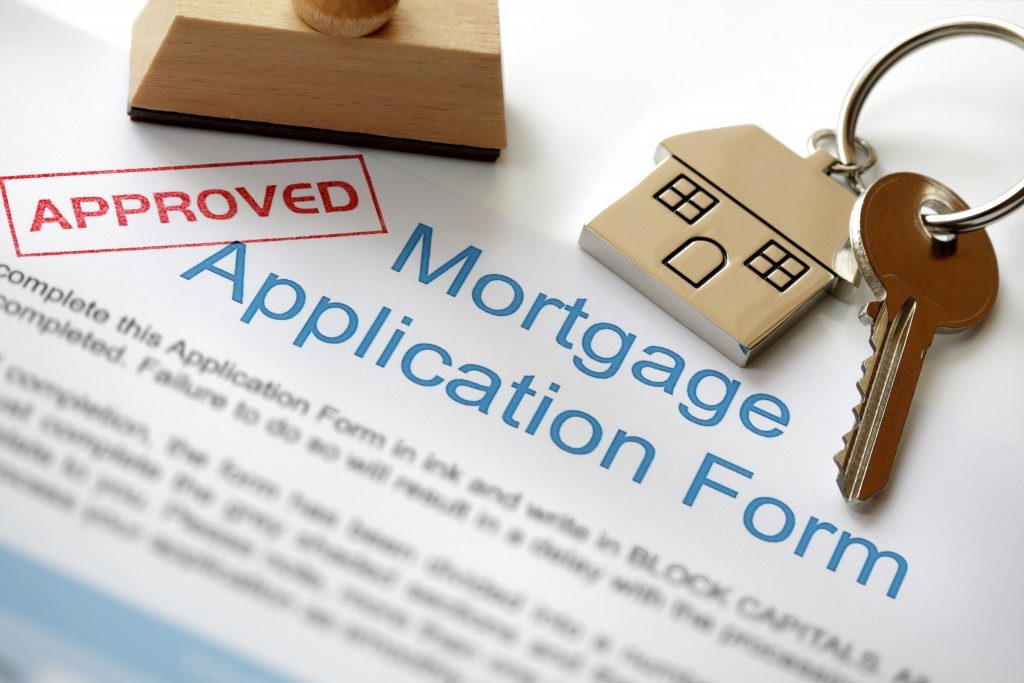Have you been thinking of expanding your business but don’t have quite the right funds yet? Luckily for you, construction loans exist for this very reason. Construction loans cater to homeowners, contractors, and business owners alike to help them renovate, construct or develop new buildings on their own land or on newly bought land. You can use this loan to finance everything from buying new land to labor costs, materials, construction equipment, and spare parts.
But just like most loans, it needs a little more work on your part before you can make it a reality. Here are the 5 steps you need to take to secure a construction loan in order to expand your business.
1. Find a trustworthy lender
The first step for taking every loan is, of course, finding a lender. If you have experience with taking out loans of any kind, but especially home loans, then you might already know a lender who in turn knows you. You want to establish a rapport with your trusted lender so it’ll speed up the process.
When finding a lender, you want one that’s trustworthy and who’ll offer you a low interest rate for a reasonable price. Know that lenders will also be very discerning towards loan applicants so you want to check your credit score and other important credentials as well.
Be aware that construction loans are paid in “draws”, meaning your lender will release your money in a series of payments rather than in one large lump sum. This is to account for the actual amount of time it would take to finish construction and to allow the lender to check how the construction is going in between the draws.
2. Prepare all the needed documents
Have all the proper business and financial documents on hand when applying for a business loan. This will include your debt history, tax returns, financial statements, proof of assets, any profit or loss statements, and your credit score, among other things. Like with most loans, you want to make sure that you have a strong business or personal credit score. It is still possible to get a loan on bad credit but as much as possible, you want a good credit score to expedite the process and make things easier both for you and your lender.
In addition to that, but not mandatory, you can prepare a pro forma as well. A pro forma is basically a document showing a commercial property’s potential revenue and income once all construction is completed. It can help to convince your lender that your property is worth investing in and sweeten the deal a bit.

3. Secure a downpayment
Most lenders will require a hefty downpayment as assurance that you won’t turn tail at the first sign of trouble. Be prepared to pay upwards of 20% of all total costs as a downpayment when taking out a loan. This means that you might have to secure the funds for a downpayment first before you decide to take out a loan since you’ll be needing it for the loan in the first place. The actual downpayment rate will vary depending on the size of the land and the overall scope of construction so it’s best to consult with your lender about this before agreeing to take out a loan.
4. Have detailed building plans
Once you’ve got the downpayment and the documents all covered, now it’s time to show them your building plans. These plans are necessary to get your loan approved and must be made beforehand. The more detailed your plans are, the better. In addition to the building plans, you want to already have contractor bids lined up and cost estimates as well. Your lenders want to know how prepared you are to take on this venture and want assurance that you have a plan for it.
5. Get ready for an appraisal
And finally, your lenders will want to appraise your business and your property before going through with a loan. Lenders and appraisers will want to appraise everything from your business’ reputation to your own building plans to see if you’re worth loaning money to. They review everything that you have given them so far, from your business plans to your personal credit score and financial documents, with a careful eye to see if they can trust you and your business with this venture.
Don’t be too intimidated by the process. As long as you have good credit, a down payment ready, and a detailed plan, there shouldn’t be anything to worry about.
It’s not always easy to get a loan, whether for personal or commercial reasons. As much as possible, you want to be prepared before you go in and apply for a loan so you have all the necessary documents, information, and plans to convince your lender to take a chance on your business. As long as you’re prepared, you can secure that loan.


